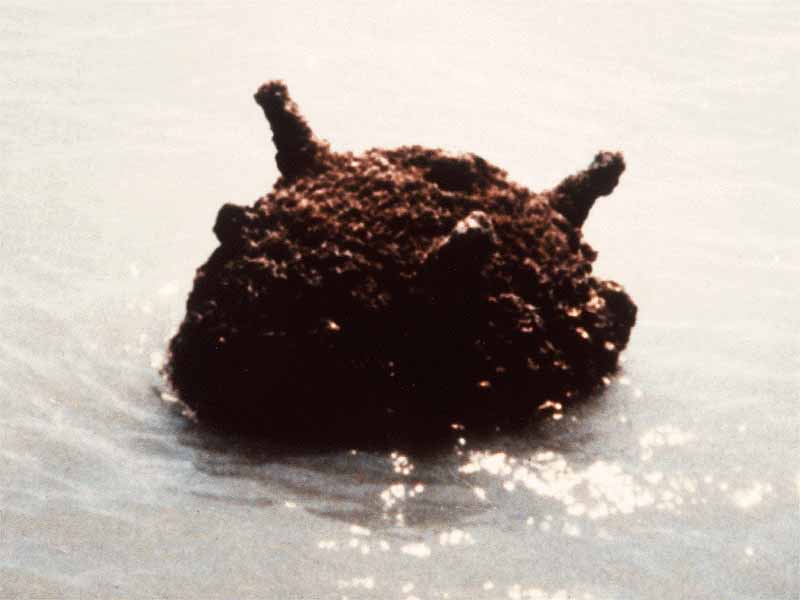The Psychology of Mine Warfare: It gets in your head.
Just the thought of a sea mine can cripple shipping. Over the last 170 years, sea mines have demonstrated that their greatest weapon is fear and doubt. They don’t need to detonate to shape strategy, the mere belief that waters may be mined is often enough to halt convoys, close ports, and change war plans.
The Dardanelles – 1915
In the confined waters of the Dardanelles, the Ottoman Empire (supported by German expertise) laid minefields that stopped a powerful Allied fleet in its tracks.
Losses were significant, and uncertainty ruled the strait. With no reliable feedback on what had been cleared and what mines remained, commanders withdrew. The result was strategic paralysis; this naval campaign was replaced by a costly and flawed land invasion. The Allies weren’t only defeated by the mines, but by the fear of them.
World War II – Japan’s Paralysis
Three decades later, an Allied aerial minelaying campaign (mainly using B-29s, and supported by Catalinas), turned Japan’s home waters into a psychological minefield.
During Operation Starvation, thousands of mines were laid across critical straits and approaches, sinking more ships per month than submarines, and left 9% of Japan’s merchant fleet immobilised in a single area. By mid-1945, Japan’s industry was strangled as much by anxiety as it was by explosions.
Gulf War – The Shock of 1991
Iraq’s extensive sea-mining campaign produced minimal detonations but maximum disruption. On 18 February 1991, USS Tripoli struck a mine; eight hours later, USS Princeton also suffered a mine strike.
The coalition advance had been stopped cold. Crews described “a feeling of paranoia, even floating trash looked like mines.” These two detonations shook confidence, stalled momentum, and triggered a global re-think about the value for money and enduring threat of sea mines.
Black Sea – The Modern Nuisance Effect
In the Black Sea, both drifting and deliberately placed buoyant mines have disrupted shipping, delayed grain exports, and spiked insurance rates. The economic impact stems less from physical damage and more from doubt, a familiar pattern repeated throughout history.
Why the Effect Endures
When minefield feedback is unclear, behaviour polarises. Commanders often press on recklessly or stop entirely. Fear and hesitation are the most reliable indicators of a mine’s success, not necessarily the explosion itself.
Could It Happen Again?
Modern autonomy, AI, and the ability to share data may well shorten the delay, but human psychology hasn’t changed. The belief that a mine might be there will still trigger caution, slow operations, and shape decisions.
It’s a reminder that in mine warfare, technology and systems might clear the water, but only effective preparation, training, and feedback can clear the mind.

Leave a Reply